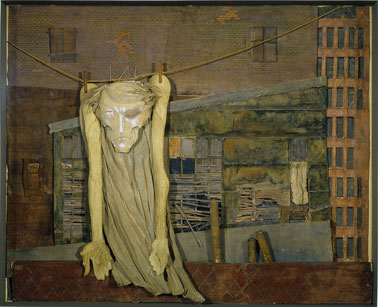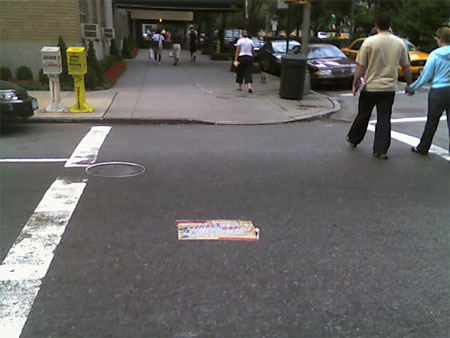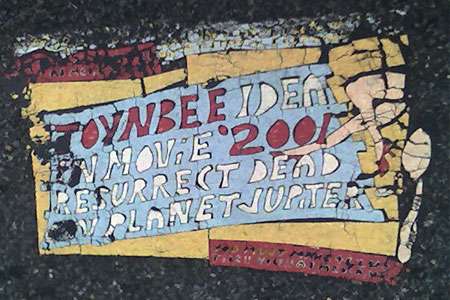“The detachment of M. de Charlus was total. And, seeing that he was merely a spectator, everything was bound to make him pro-German from the moment when, although not truly French, he started living in France. He was very intelligent, and in all countries most of the people are silly; no doubt if he had been living in Germany he would have been equally irritated by the way the German fools defend, passionately and foolishly, an unjust cause; but living in France, he was no less irritated by the passionate and foolish defence of a cause that that was just. The logic of passion, even if it is in the service of the right, is never irrefutable for somebody who is not passionately committed to it.”
(Proust, Finding Time Again, trans. Ian Patterson, pp. 82–83)


